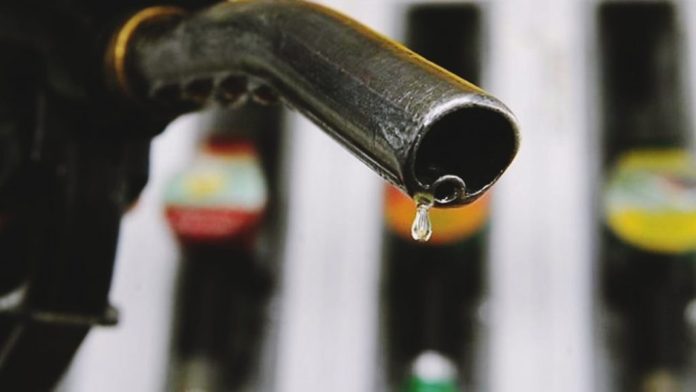A review of the Central Bank of Nigeria’s monthly economic reports has revealed that $2.62 billion was spent on importing petroleum products between November 2024 and January 2025.
The review shows that in November 2024, petroleum products importation stood at $0.99 billion.
“A disaggregation indicated that the import of petroleum products decreased by 2.01 per cent to US$0.99 billion from its level in the preceding month.
Similarly, non-oil import decreased slightly to US$2.20 billion, from US$2.22 billion in the preceding month,” the Central Bank of Nigeria stated in its monthly economic report for November 2024.
Further review shows that the figure stood at $0.83billion in December, while the January figure was $0.80 billion.
“Import of petroleum products decreased by 3.61 per cent to US$0.80billion from US$0.83billion in the preceding month.
“An analysis of sectoral utilisation of foreign exchange for visible import showed the industry sector as the largest user of foreign exchange with a share of 47.63 per cent, followed by the oil sector (25.91%), food products (12.06%), manufactured products (8.39%), agriculture (2.47%), transport (1.98%), and minerals (1.57%),” the apex bank reported in its monthly economic report for January 2025.
The total for the three months amounts to $2.62 billion.
This development comes amid the Nigerian National Petroleum Company Limited’s continued emphasis on the local refining of petroleum in Nigeria.
Earlier, a review showed that between October and December 2024, the total value of imported refined petroleum increased to N3.303 trillion.
This represents an additional N1.496 trillion spent on refined petroleum imports in the last quarter of 2024 compared to the same period in 2023.
The figure is also significantly higher than amounts recorded in previous years: N1.558 trillion in Q4 2022, N1.443 trillion in Q4 2021, and N574.8 billion in Q4 2019.
In November 2024, NNPCL announced that its Port Harcourt Refinery in Rivers State had commenced crude oil processing.
The announcement was made by the company’s Chief Corporate Communications Officer, Femi Soneye, who revealed that the refinery would operate at 60% capacity, processing 60,000 barrels per day (bpd).
“Port Harcourt Refinery Begins Production; Truck Loading Starts Today,” he announced via X (formerly Twitter).
The Port Harcourt Refinery operates alongside the Dangote Refinery, also located in Nigeria. The Dangote Refinery has a production capacity of 650,000 bpd. However, it remains unclear how much of its output is supplied to the Nigerian market, given reported pricing disagreements with NNPCL.
This ongoing reliance on fuel imports contradicts the Bola Tinubu-led government’s promise to end fuel importation by February 2024. The Minister of State for Petroleum Resources (Oil), Heineken Lokpobiri, had made this commitment during a working visit to the Port Harcourt Refining Company in Eleme, Rivers State.
Refined petroleum imports continue to be a major drain on Nigeria’s foreign exchange reserves, exerting pressure on the country’s currency.

